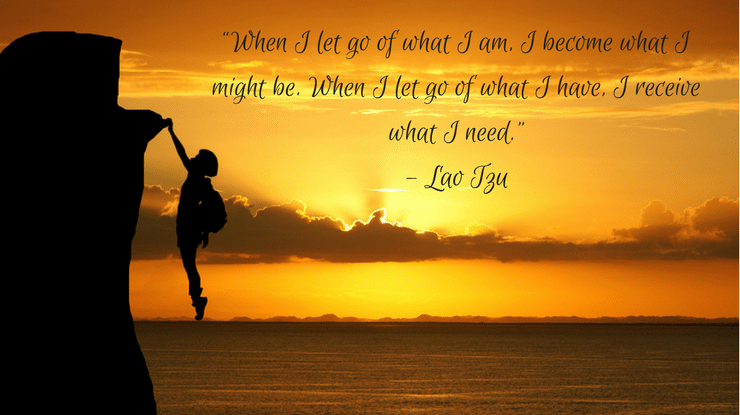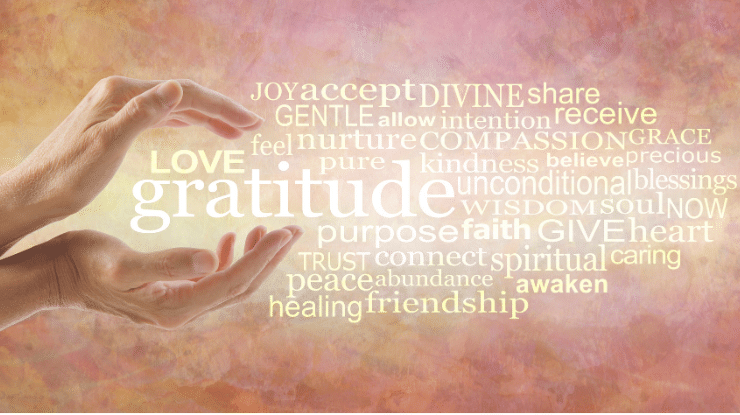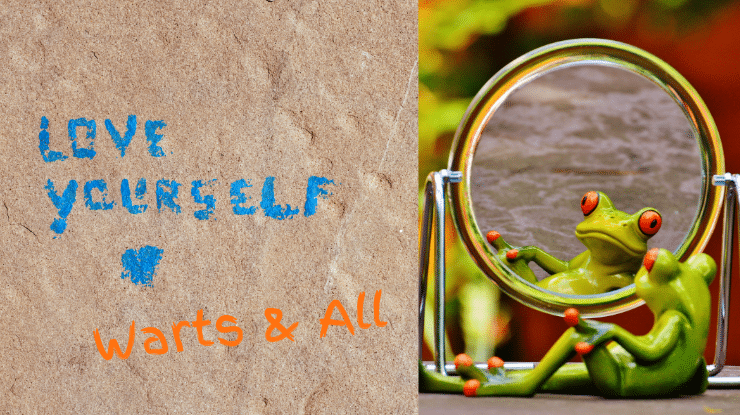“Research shows that suppression activates the amygdala in your brain, where your body’s fight of flight response resides. Suppression will make you more anxious in the long run and will have harmful effects on your health.” ~~Wall Street Journal
Years ago, I noticed a puzzling phenomenon. It’s far more prevalent today. I call it the Secret Shame of Successful Women.
Bright, sophisticated professionals, making ample incomes, who have little (if anything) in the bank to show for it.
These women look like the epitome of success—whip smart, business savvy, high earners—yet they can’t seem to manage their money.
They’re either too ashamed to reach out for help (I should be able to do this) or stubbornly resist taking action when they do (I have no time).
At first it didn’t make sense. You’d think they’d know better, right?











